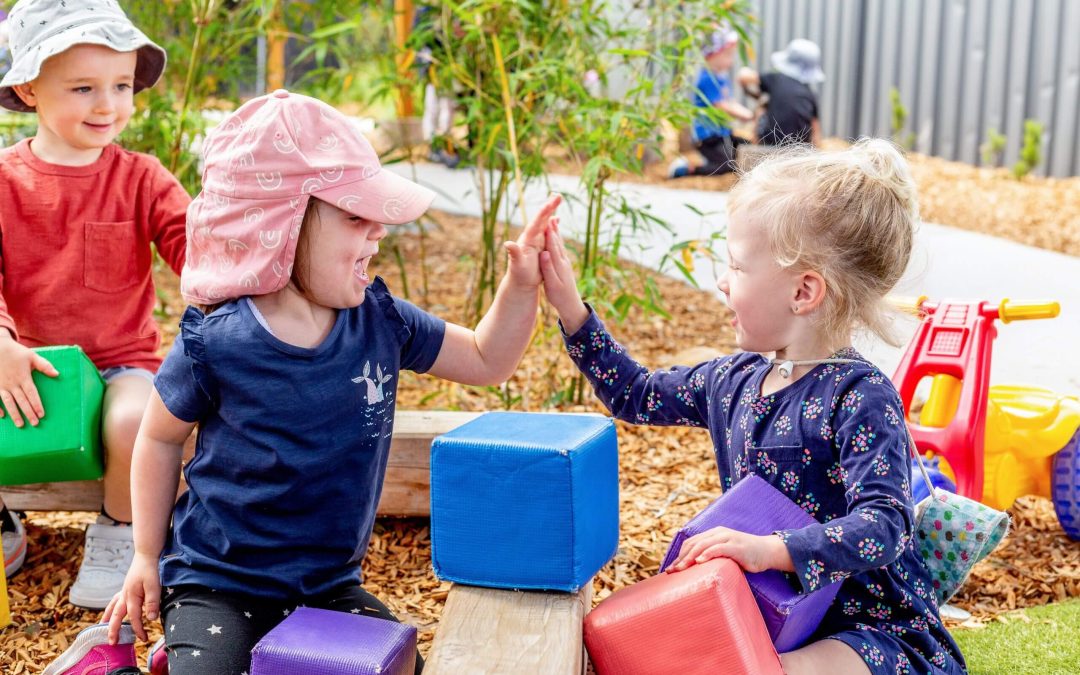While early childhood education is important for children’s cognitive and social-emotional development, it is suggested that pre schoolers should not be exposed to formal learning in the traditional sense. (Formal learning refers to structured academic instruction that focuses on specific subjects such as reading, writing, and numeracy.)
Instead, pre-schoolers should be immersed in play-based learning, which involves learning through exploration, social interaction, and creative play.
Play-based learning has been shown to be highly effective in promoting children’s social, emotional, and cognitive development. It encourages the development of social interaction with peers as well as problem solving as the child experiements with different ways of engaging with the world around them.
It’s important to keep in mind that pre-schoolers are still developing their cognitive, social, and emotional skills, and formal learning can be overwhelming and stressful for them. Play-based learning, on the other hand, is more developmentally appropriate for their age. For example, formal learning can stifle children’s creativity and curiosity, as it focuses on specific learning objectives and outcomes that are abstract concepts to little ones. Play-based learning, on the other hand, encourages creativity and exploration that paves the way for the important notion of curiosity.
Play-based learning is more enjoyable and less stressful.
Formal learning can be stressful for young children, which can hinder their learning and development as they move toward the early school years. Play-based learning is more enjoyable and less stressful, which can help children learn and develop more effectively. When they encounter the more formal learning environment they have already learned how to be confident and successful learners who are ready to take the next leap in their cognitive development. Play-based learning promotes a love of learning and helps children develop important skills such as problem-solving, communication, and collaboration.
Overall, it is recommended to encourage a play based learning approach for pre-schoolers that focuses on exploration, creativity, and social interaction. This approach is more developmentally appropriate and effective for their long-term learning and development.
Reference: https://theconversation.com/children-learn-through-play-it-shouldnt-stop-at-preschool-126921
Image Credit: https://journey.edu.au/early-learning-advice/08-2021/blog-play-based-learning-benefits-and-examples/

